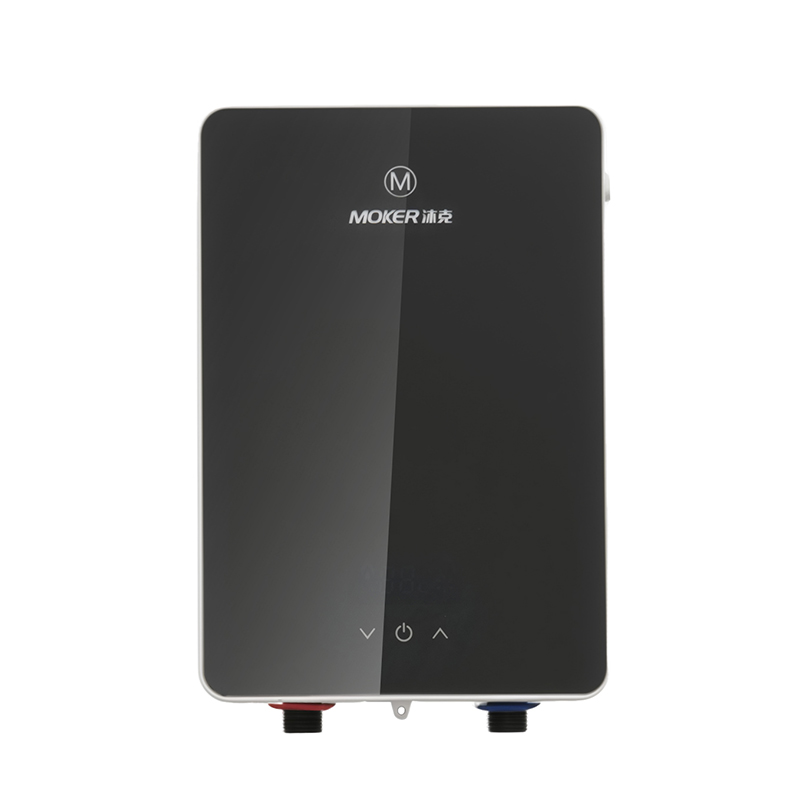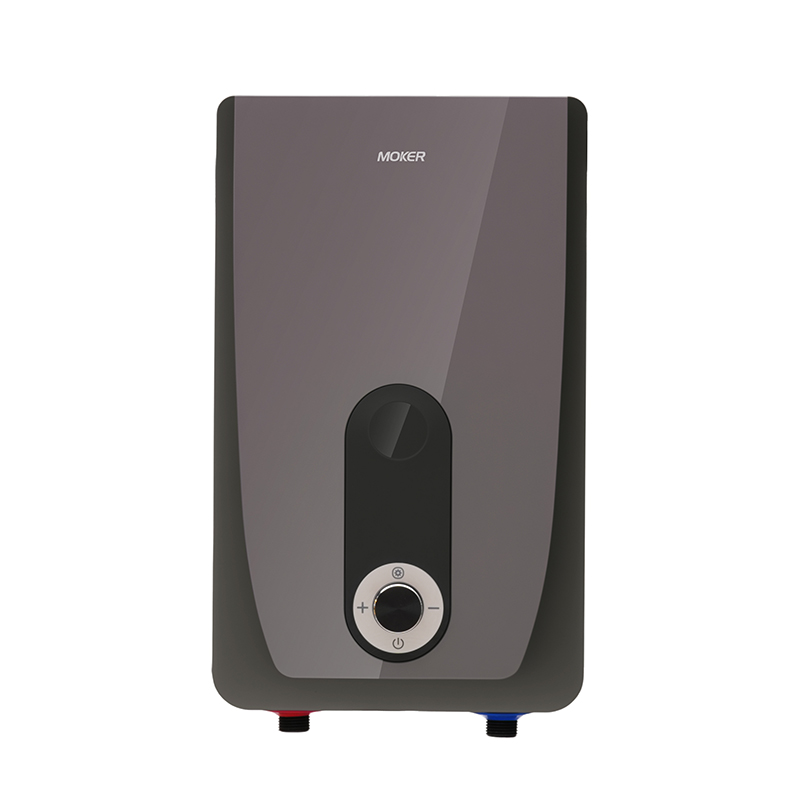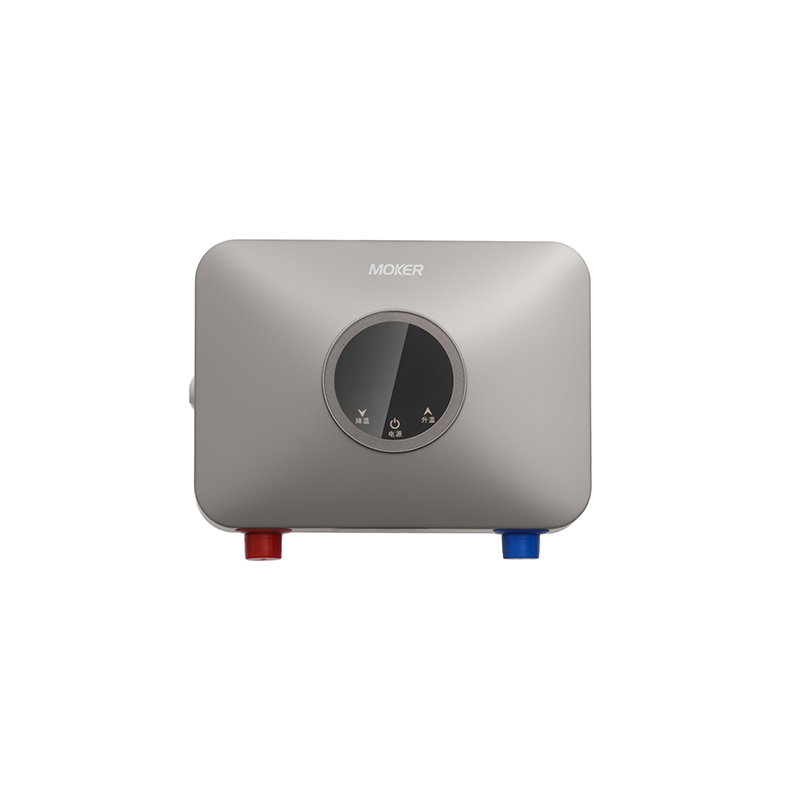Energy-Saving Certification Standards for Different Water Heaters
Energy-saving certification standards serve as benchmarks to evaluate the efficiency of water heater, guiding consumers toward eco-friendly choices. Electric water heater, Tankless Water Heater, Instant water heater, electric tankless water heater, and instantaneous water heater electric each must meet specific criteria to earn these certifications.
Electric water heater is assessed based on its Energy Factor (EF), a metric measuring hot water produced per unit of energy consumed. To achieve ENERGY STAR certification, Electric water heater must have an EF of at least 0.95 for electric models with tanks larger than 55 gallons. Smaller Electric water heater (30–55 gallons) requires an EF of 0.90 or higher. These standards push Electric water heater manufacturers to improve insulation and heating elements, reducing standby heat loss that plagues older Electric water heater models.
Tankless Water Heater faces stricter EF requirements due to its on-demand design. Gas-powered Tankless Water Heater needs an EF of 0.82 or higher for certification, while electric Tankless Water Heater must reach 0.90. These standards account for Tankless Water Heater’s ability to avoid standby loss, focusing instead on heat exchanger efficiency. Certification bodies also test Tankless Water Heater under varying flow rates to ensure consistent performance, a key factor in Tankless Water Heater’s real-world energy use.
Instant water heater, with its high-power heating, is evaluated on both EF and peak efficiency. Instant water heater must achieve an EF of at least 0.85 to qualify for energy labels in most regions. Additionally, Instant water heater’s peak efficiency—measured during short heating cycles—must exceed 90% to demonstrate minimal energy waste during rapid operation. These standards encourage Instant water heater manufacturers to optimize heating element design for quick, efficient heat transfer.
Electric tankless water heater, a subset of Tankless Water Heater, follows similar but tailored criteria. electric tankless water heater must meet an EF of 0.92, higher than standard electric Tankless Water Heater, due to its focus on residential use. Certification also requires electric tankless water heater to include adaptive power adjustment, allowing electric tankless water heater to reduce energy use during low-flow conditions. This ensures electric tankless water heater maintains efficiency even when heating small water volumes.
Instantaneous water heater electric, designed for localized use, is certified based on annual energy consumption. instantaneous water heater electric must consume less than 150 kWh per year under standard testing conditions to earn energy-saving labels. This low threshold reflects instantaneous water heater electric’s small-scale operation, emphasizing its role in reducing energy use for tasks like handwashing. Certification also mandates instantaneous water heater electric to include auto-shutoff features, preventing idle energy drain.
These standards ensure that Electric water heater, Tankless Water Heater, Instant water heater, electric tankless water heater, and instantaneous water heater electric are held to consistent efficiency benchmarks. By meeting these criteria, each water heater type demonstrates its commitment to reducing energy use, helping consumers make informed choices that balance performance and sustainability.





